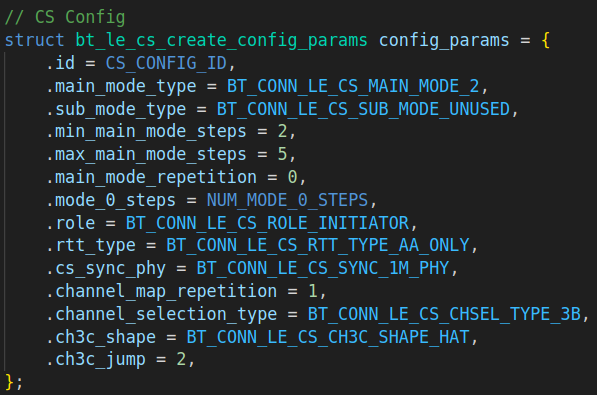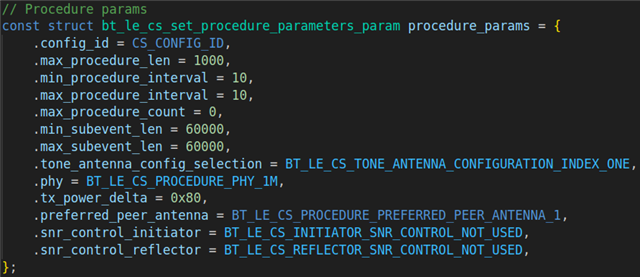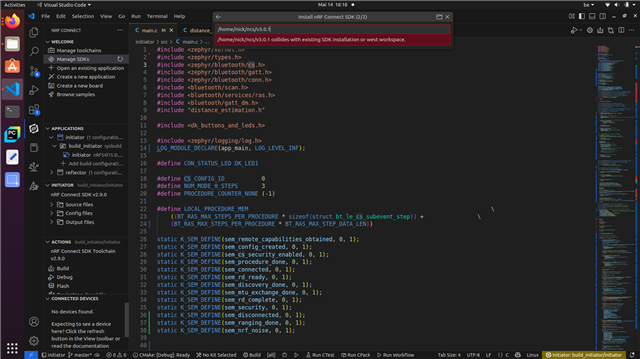Hi,
I am currently evaluating the Channel Sounding functionality for indoor localization. I would like to check how much Energy my Initiator and Reflector consume for setting up a connection and during the channel sounding process. This way i can compute it for multiple connections or for 1 connection.
I have seen the online Power profiler, but honestly, i still am a little bit confused in how to use it.

I also tried to understand the timing information available on the paper about channel sounding (https://www.bluetooth.com/channel-sounding-tech-overview/#cscp), but i still don't really understand what is relevant info to fill in the online power profiler.
Kind regards,
Nick De Leenheer



